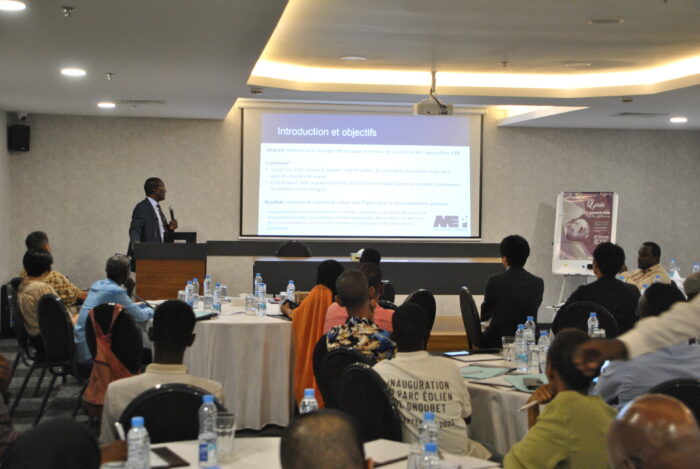 Djibouti fisheries workshop
Djibouti fisheries workshop
MEP is proud to be a key partner in the sustainable development of Djibouti’s fisheries sector. In collaboration with the Ministry of Agriculture, Livestock, Fisheries, Water and Fisheries Resources (MAEPE-RH) and the World Bank, MEP Peterson contributed to a pivotal study on the fisheries value chains in Djibouti. The study, recently validated at a workshop in Djibouti City, aims to unlock the sector’s full potential and identify opportunities for sustainable growth at both local and international levels.
As part of the World Bank-funded Regional Fisheries Program in the Red Sea and the Gulf of Aden (SFISH), MEP conducted a detailed analysis of fisheries value chains, market dynamics, and socio-economic and environmental factors. The research not only highlighted key challenges facing the sector – such as limited infrastructure, high operational costs, and narrow market access – but also identified promising fish species that have the potential to drive economic development and strengthen food security.
The study’s recommendations provide a clear roadmap for enhancing value chains, modernizing infrastructure, and attracting investment, positioning Djibouti to sustainably harness its fisheries resources for long-term prosperity. For more details, please see the full article featured in La Nation
